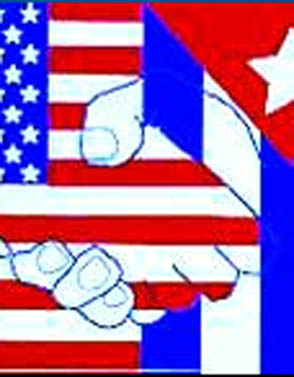The U.S. government has sought to advance democratic and free-market change in Cuba for 47 years. Those efforts have failed. Indeed, the transfer of power from Fidel Castro has produced little change in Cuba’s politics and took place with no manifestations of broad popular demands for an end to one-party Communist rule. Instead, the Cuban people appear to be resigned to peaceful and gradual change on the island. Most observers judge that any transition to democracy, rule of law, and capitalism is years away. Thus, the time has come to chart a new course for U.S. policy towards Cuba.
If the United States truly wants Cuba to embrace democracy, adopt a free market economy, and adhere to accepted standards for human and civil rights, then the United States must regain lost leverage with which to influence events on the island. To do so, it must begin by untangling a half century’s worth of legal and regulatory sanctions that block most diplomatic, commercial, and other relations with Cuba. Then, the United States must engage the Cuban government in a dialogue that addresses common bilateral interests while encouraging positive change on the island. To chart this new course, the Atlantic Council Working Group on Cuba produced this road map for the initial restructuring of U.S.-Cuban relations. This policymaker’s guide offers 20 recommendations in six areas: sanctions, leverage, international support, migration, transnational threats, and property claims. The recommendations seek to pull U.S.-Cuban relations out of their nearly half-century of deep freeze in order to re-engage the U.S. in effectively influencing events in Cuba for the mutual benefit of the citizens of both nations.
Image: usa-cuba-handshake-flags.jpg
